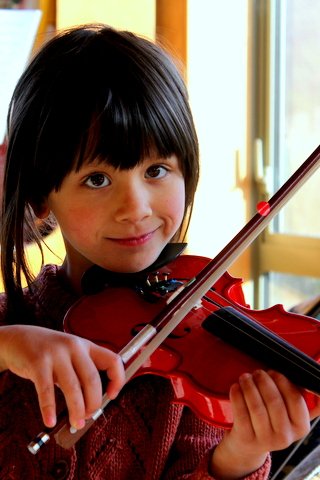The Nurture Assumption
by Judith Rich Harris: Why Children turn out the way they do.
The nature versus nurture debate involves the extent to which particular aspects of behaviour are either inherited or learned. It is generally agreed that the split between these two influences is about 50-50.
The book points out that children can have different personalities and different sets of behaviours at-home compared to outside-the-home. The inherited component of personality must be the same in both environments so the difference must be because of the different learned behaviours. Behaviours within the home are strongly influenced by the parents but what are the outside-the-home behaviours influenced by? The book says that children’s outside-the-home behaviours are modelled mostly on other children, rather than other adults (e.g. teachers). It then asks… which of these personalities becomes the personality of the grown-up child, after they leave home. The book asserts that it is the outside-the-home personality and behaviours that endure.
The importance of this in terms of music is that our children are much more likely to have music as a part of their life beyond childhood if they have been influenced by other children playing music outside the home environment.
Reading this book I realised why it is so hard to get a child to practice their instrument if it is just an “at home” thing and (from the child’s point of view) not relevant to life outside. There are many advantages to your child seeing relevance to their music playing. From their point of view, they are more likely to enjoy it and feel motivated and I’m sure this will give you great pleasure to see. Also, from a practical point of view, practice sessions will be easier!
Knowing that your child will be modelling (some of) their behaviour on the other children in their outside-the-home environment… here’s a question: Does your child have other children outside the home, playing musical instruments, to model their own behaviour on?
Some ways to provide this are by watching or participating in: group classes, workshops, music camps, concerts, orchestras, chamber music, bands, buskers. If you can’t get to any of these perhaps you could use YouTube to find videos of children a similar age playing your child’s instrument.
